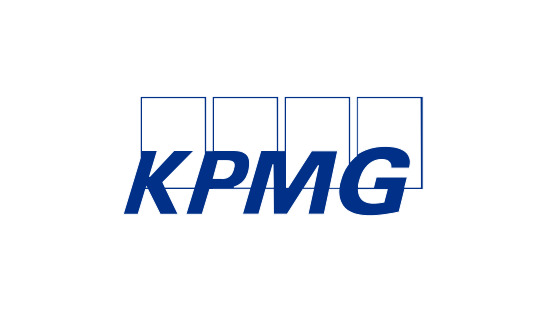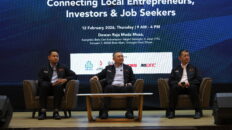A People-Focused, Future-Ready Budget
Malaysia’s Budget 2026 signals a decisive step forward for the nation’s MADANI economy, combining fiscal reform with people-first policies.
With an allocation of RM470 billion, the Budget prioritises economic resilience, social protection, and technology adoption, while easing the cost of living.
Mr. Soh Lian Seng, Head of Tax at KPMG in Malaysia, said the measures mark a continuation of reform momentum:
“Budget 2026 builds upon Malaysia’s reform momentum with an emphasis on inclusivity, sustainability, and fiscal resilience. While the direction is clear, its success will depend on how effectively these proposed measures are implemented to create tangible impact for businesses and the rakyat.”
Driving Green and Digital Transformation
A key initiative is the carbon tax, set to take effect in 2026. It targets high-emission industries such as iron, steel, and energy. The move supports Malaysia’s net-zero ambition by 2050 and global climate goals.
Budget 2026 also allocates RM1 billion in green financing and extends the 100% Green Investment Tax Allowance (GITA) for companies adopting sustainable technologies.
At the same time, the government promotes digital transformation with tax deductions for AI and cybersecurity training. Soh noted that responsible digital adoption will be crucial to strengthen data protection and public trust as Malaysia advances its AI ecosystem.
Protecting the Rakyat and Strengthening Social Safety Nets
The Budget strengthens its “Healthier Malaysia” agenda with new excise duties on tobacco and alcohol, effective 1 November 2025, and expanded funding for the national healthcare system.
It widens tax relief to include MOH-approved vaccines, reflecting a stronger focus on preventive healthcare.
Meanwhile, cash assistance programmes such as STR and SARA will be expanded, and PERKESO coverage extended to gig workers. The government also plans to reform elderly care systems and introduce travel incentives to stimulate domestic tourism.
First-time homebuyers will continue to enjoy full stamp duty exemptions on properties up to RM500,000, while higher duties for non-citizens will help manage foreign ownership.
Empowering Businesses and Strengthening Food Security
Budget 2026 introduces several targeted tax incentives to strengthen business competitiveness:
- 100% income tax exemption for new food production projects (up to 10 years).
- Expanded automation incentives for livestock systems.
- Outcome-Based Incentive Framework launching in 2026 for manufacturing and services.
These incentives mark a shift from quantity to quality in Malaysia’s investment strategy. The emphasis is now on measurable outcomes that drive productivity, jobs, and sustainable value creation.
A Strategic Blueprint for Long-Term Prosperity
KPMG views Budget 2026 as a reformist blueprint that connects short-term stability with long-term transformation.
“Beyond being a financial plan, Budget 2026 will serve as a strategic blueprint to drive long-term inclusive growth,” Soh concluded. “It demonstrates a careful balance between immediate relief and long-term strategic reform, bridging rural-urban disparities and championing inclusive employment, so that the benefits of Budget 2026 are felt first and foremost by the rakyat.”
For more insights, visit kpmg.com.my/nationalbudget.









